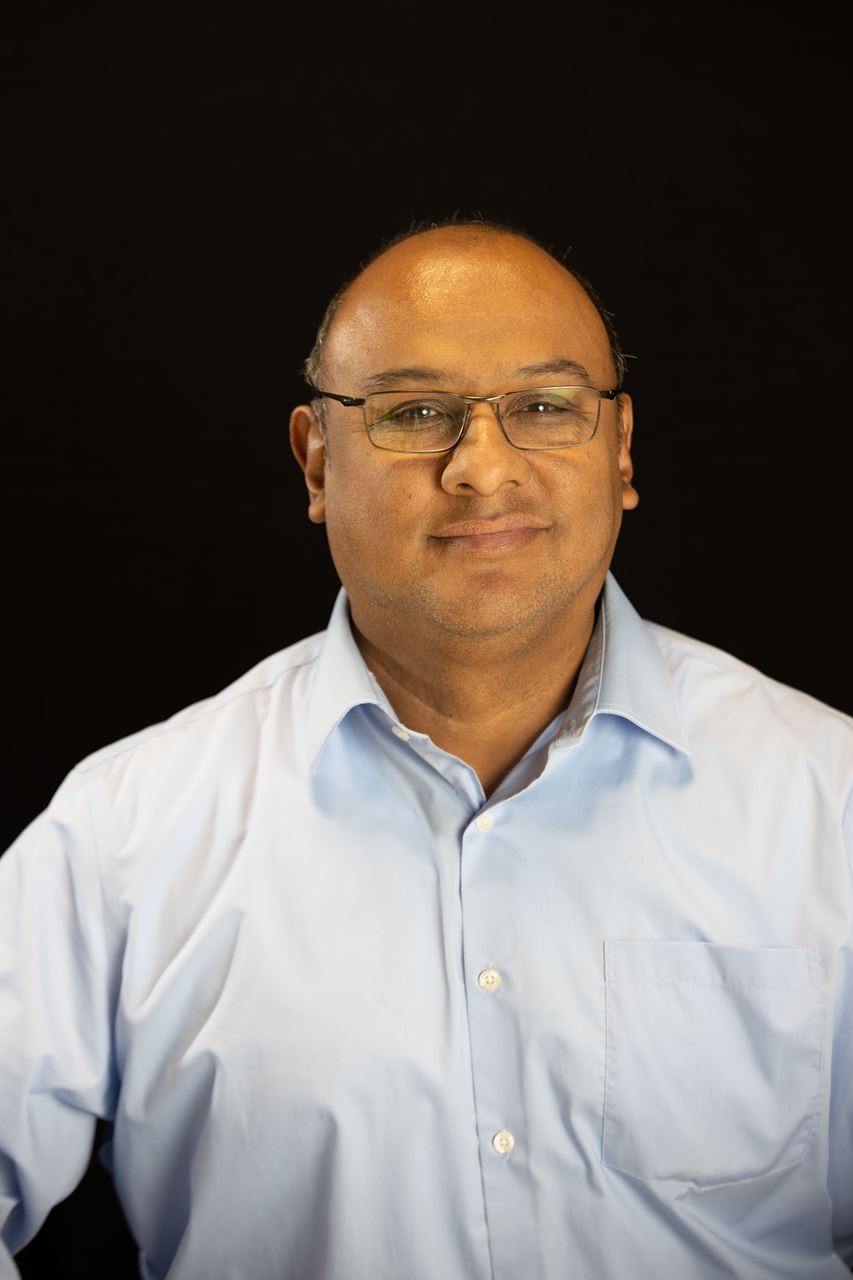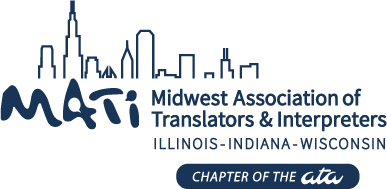911 Telecommunication Interpreting
Presented by: Saul Arteaga, founder of Southern Wisconsin Interpreting & Translation Services, Ltd
After great success at the 19th Annual MATI Conference in September 2022, presenter Saul Arteaga was invited back to go further in depth on this important topic.
- Session 1: Thursday, June 29 at 6:00pm Central Time
- Session 2: Thursday, July 13 at 6:00pm Central Time
Series Overview
This two-part webinar series guides on how to quickly identify the type of call you are interpreting for — a community service call or a potential criminal case.
- Session 1 will review the topics from the conference presentation and start to go further in depth on this topic.
- Session 2 will expand on Session 1 topics and provide more opportunity for discussion and idea exchange.
Continuing Education Credits
This webinar series will carry 2.0 ATA CE points. MATI is also seeking CCHI CE hours and WI Court Interpreter CE credits.
Session Description
Learn how to manage communication flow without taking or stepping over boundaries while remaining calm and confident in your language skills. Learn to expand and summarize information without altering tone, intent, or register of the information due to the urgency of the communication.
Let's discuss as interpreters with different backgrounds the approaches we can apply when our intervention is needed to expedite communication without taking over the call. Continue being transparent and conduct a quick pre-session or introduction at the right time, setting the ground rules for interpreting for both the law enforcement team and the Limited English Proficient (LEP) person. Be mindful of the state of mind and condition of the LEP person: panicky, intoxicated. Try to remain unbiased with the parties.
Common law enforcement forms will be discussed, such as forms related to traffic and crime. Learn how to recuse yourself from a call due to the inability to keep up with the content or because of a lack of credentials. Interpretation recordings can be played in a trial, so this is a setting where you need to make sure that you do the best that you can. Develop your own materials and have them handy if the need arises to help you with the accuracy of the interpretation: translations, glossaries.
Attendee Learning Objectives
- Identify the setting of the call: adversarial vs. collaborative
- Identify the role of the interpreter to be applied to the call
Additional Objectives:
- Motivate the profession to discuss further this important setting
- Obtain guidance as a profession
Registration Rates
- 19th Annual Conference Attendees (Sept 23) - Free, with the registration code.
- MATI Members - Free
- Non-Members - $30
Presenter: Saul Arteaga, founder of SWITS

Saul Arteaga was born and raised in Lima, Peru. He came to the US at 19 where he worked while attending a community college. He pursued his bachelor’s degree in Spanish and completed classes toward a master’s degree in Translation Studies at the University of Wisconsin-Milwaukee.
In 2002, Arteaga established SWITS, Ltd., a language service agency based in Delavan, Wisconsin. In 2004, he became a court certified interpreter. Soon after, he became a member of the Wisconsin Supreme Court Committee to Improve Court Interpretation and Translation in Wisconsin Courtrooms. In addition to legal interpreting, Arteaga pursued medical and community interpreting, passing the Medical Interpreter Competency Examination offered by the National Center of Interpretation at the University of Arizona and attending classes at the Agnese Haury Summer Institute for Court Interpretation and Medical Interpretation at the University of Arizona in Tucson in 2004 and 2008, respectively.
Arteaga is certified by the National Board of Certified Medical Interpreters and the Commission for Healthcare Interpreters. He completed the Leadership in Language Access in Healthcare advanced certificate program offered by the IMIA Language Access Leadership Academy.
As a believer in interpreter education, Arteaga serves as an adviser for several community college interpreter programs in Wisconsin and Illinois. He developed the Equal Footing training to ensure SWITS interpreters had a better understanding of the interpreter’s role as well as best practices.
